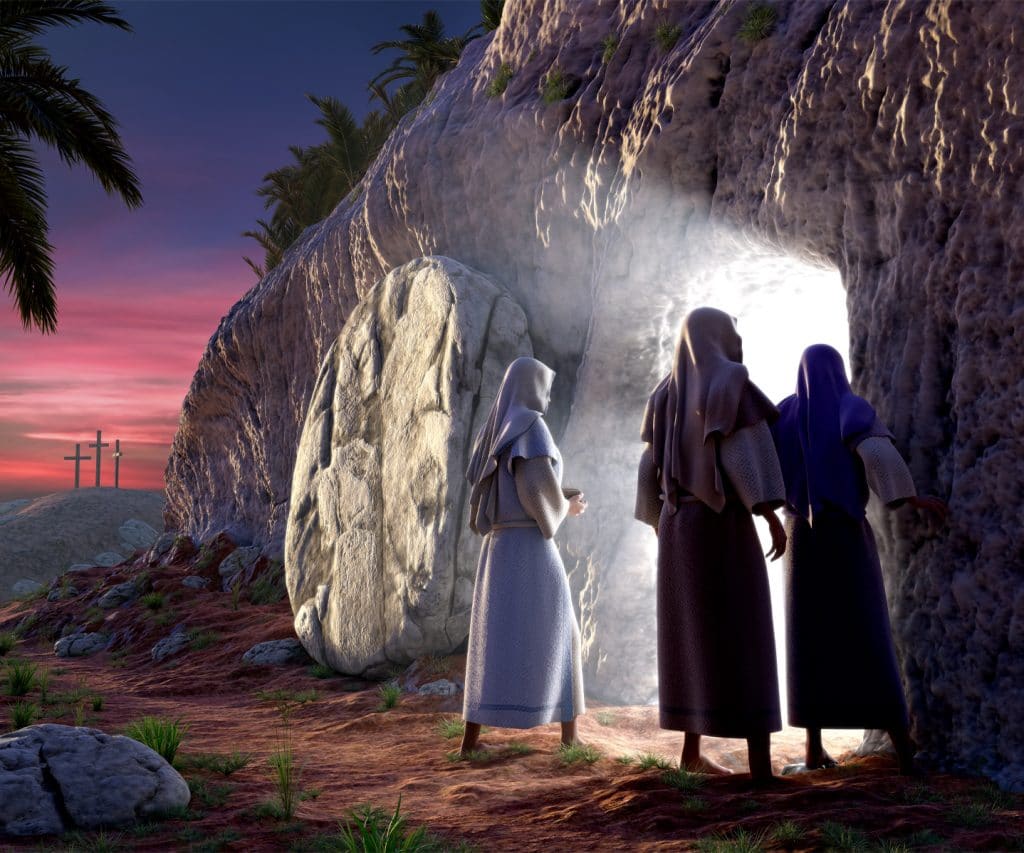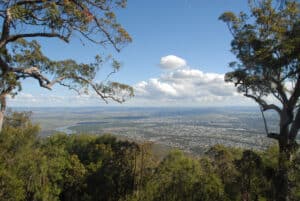
Heather Cetrangolo
15 April 2022
Easter is that time of the year when the most offensive and most attractive aspects of the Christian faith find a moment of display. It’s when we look death in the face and say, “Stuff you.”
Try as we might, to repress our deepest yearning and dissatisfaction, to tell ourselves that it’s enough that our loved ones live on in our memories, embrace the aging process with dignity and dance around the anxiety that perhaps we haven’t made the most of every moment, the feeling is there. Denying it won’t help us. I don’t want to cease to exist. I don’t want it to be over.
I want to smell my nanna’s cheap perfume again, the way it mingled with her natural scent and choice of washing powder. I want to sip cups of tea with my grandad while he does the crossword and gets ink on his fingers. I know the day will come when I embrace the people I couldn’t embrace in this life, and laugh with my husband at the things that only we find funny. I know that once this life separates us, I will want to hear the sound of his voice again, and not just in my dreams.
To connect with the inexhaustible beauty of this faith is to touch its ugliness, and the way it unearths our buried hopes. It removes a deeply embedded splinter from our culture of denial.
At the heart of the Jewish (and Christian) hope has always been a belief in the resurrection of the body. T’chiyat hameitim, the resurrection of those whose souls have left this world, together with the rebuilding of the temple, are understood to be markers of the Messianic Age within traditional Judaism. This is reflected in the Talmud, Mishnah and Amidah prayer, though not without contest or nuance within rabbinic communities today. Jesus’ contemporaries read his words and actions in the light of this resurrection hope (John 11.24), even as some dissented (Mark 12.18; Acts 23.8).
To understand Easter is to understand that the body matters. It is a moment in our liturgical calendar when, I would have to argue, the Anglo-Catholics have it right, as do our Catholic and Orthodox brothers and sisters. As we step through the process of the Easter Triduum, we practice an embodied pedagogy, one that seeks to enter the story in its time frame, counting the minutes and hours that Jesus waited for his hearing and hung on a cross.
We place our feet into the awkwardness of being washed by our leader. We strip the church of its trappings as we emote the betrayal that took place in the early hours of the morning, the shock and the abandonment. We read the Passion from start to finish, uninterrupted, as we consider the physical sound of forty lashes and nails piercing flesh and wood.
We sit in the waiting and not understanding of Easter Saturday and marvel at the impossible miracle that met a morning sunrise, on an ordinary day, in an olive-strewn garden, where only two days earlier a mother wept over the lifeless body of her son. We smell the oils and taste the salted tears that facilitated a dignified burial. We embody the story with symbol and ritual because it is a story for the body.
Our God is not a concept, but a brother, whose scent and voice we will recognise, as a beloved spouse or father. It is in the physical embrace of this Scarred and Risen One, that we will one day know our instinct was right: we were made to live, and to do it forever.
The Reverend Heather Cetrangolo is chaplain to diocese staff at the Anglican Centre, and is currently studying her PhD in Franciscan pedagogy and developing a school for Church renewal in the Franciscan tradition.






